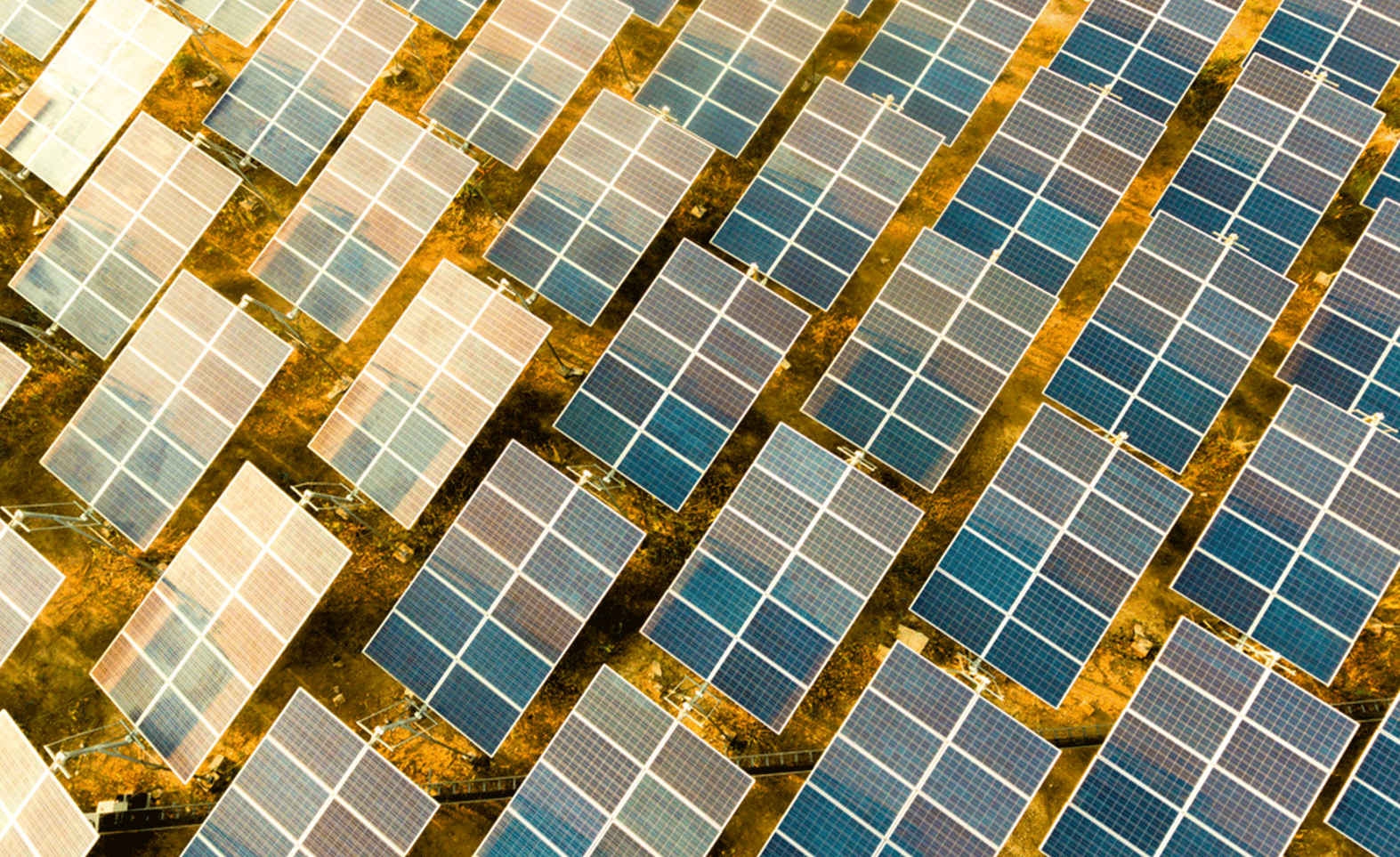
September 6, 2023
Achieving net-zero emissions by 2050 will necessitate a substantial investment of US$ 12.7 trillion
Regarding international public financial flows, India emerged as the top recipient for the past two years
The electric vehicle industry in India is poised to experience significant growth, with a projected compound annual growth rate of 49% between 2022 and 2030
India has made strides in incorporating solar and wind energy into its electricity generation, nearly doubling its share from 2017 figures

India is among five major global economies in the race to reach net-zero targets, according to a report by the think tank Strategic Perspectives.
The report said India’s initial position towards achieving ‘Net-Zero’ emissions may differ from the fiscal capabilities of four major economies – the United States, the European Union, China, and Japan. However, it further added that India distinguishes itself by its capacity to strategically position itself within the emerging landscape of the new industrial era.
The report highlights several positive developments that demonstrate India’s progress in the race towards adopting zero-carbon technologies:
Meeting Nationally Determined Contributions
India is among the select few countries on course to meet its Nationally Determined Contributions target. Nevertheless, achieving net-zero emissions by 2050 will necessitate a substantial investment of US$ 12.7 trillion. India maintains its status as one of the world’s fastest-growing major economies.
Renewable Energy Integration
India has made strides in incorporating solar and wind energy into its electricity generation, nearly doubling its share from 2017 figures, rising from 5% to 9%.
Electric Vehicle Industry Growth
The electric vehicle industry in India is poised to experience significant growth, with a projected compound annual growth rate of 49% between 2022 and 2030. This expansion is expected to generate 50 million jobs by 2030.
Pro-Transition Policies
India’s pro-transition policies, such as the Energy Conservation Act, provide the necessary impetus to attract investors and stimulate industry development. Regarding international public financial flows, India emerged as the top recipient for the past two years (receiving US$ 2.9 billion in 2020-21, with 66% of funding allocated for solar energy projects).
The report acknowledges that India’s unique economic development trajectory prevents direct comparisons with other economies. However, it highlights that India’s ambition to become an integral part of the global net-zero supply chain positions it favourably for future transitions.
Furthermore, as the host of the G20, India can champion a global green development agreement encompassing climate finance, LIFE initiatives, circular economy principles, accelerated progress on Sustainable Development Goals (SDGs), energy transitions, and energy security. India’s strong presidency could enable it to harness its demographic dividend and solidify its role as a burgeoning economic powerhouse.
Source: Economic Times